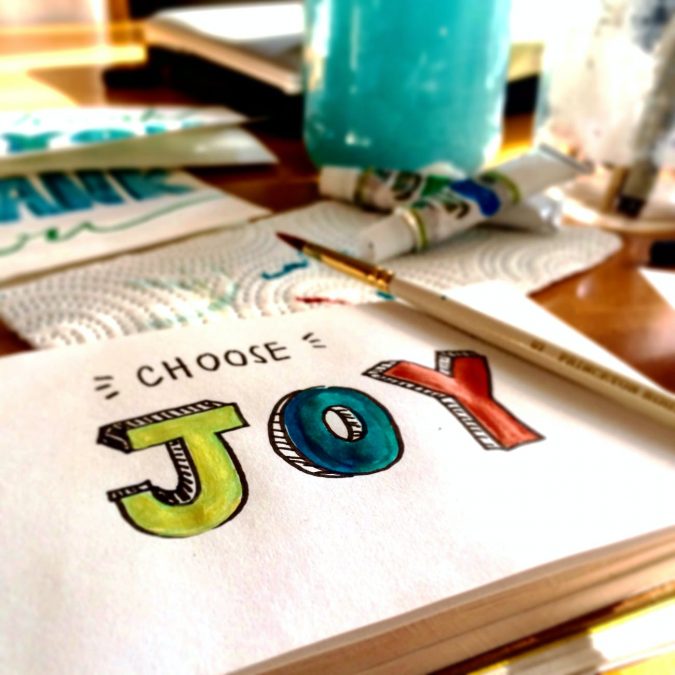Why the Be-Do-Have mindset is so critical for business owners
Why the Be-Do-Have mindset is so critical for business owners

There is a concept I have learned from some mentors over the years called the “Be-Do-Have” mindset. All business owners should keep this concept in mind as they strive to create profit, impact, and joy in their business.
In the last article I argued that each of profit, impact, and joy affects the other, and that a win in one area is generally a win in the other two areas as well. For example, if you increase the impact your business makes in the world, that can lead to more value being created for your customers, leading to more profit, and also leading to more joy due to the fulfillment that comes from making a greater impact.
But this isn’t always the case. An over-commitment on the impact or profit side can negatively impact joy levels. Similarly, too much focus on your happiness could come at the expense of impact and profit. It is a balancing act. A business needs to create goals in each of these three areas and continually measure progress in each to ensure that one piece of the profitability, impact, and enjoyment pie doesn’t get too much attention at the expense of the others. It’s a constant work in progress.
It’s precisely because this process is a constant work in progress that the Be-Do-Have mindset is so important to keep in mind. The concept is this:
Being leads to doing and doing leads to having.
It’s a simple concept, but one that many business owners—and many non-business owners too—get backwards.
Most people have a mindset of, “if I had X, I would do Y, and I would be Z.” For example, they might say:
- If I had more money, I would do more travelling, and I’d be more fulfilled.
- If I had more motivation, I would do more exercise, and I’d be healthier.
- If I had more training, I would do more public speaking, and I would be more confident.
- If I had more free time, I would do more work on the business, and I would be more successful.
In each of these examples, being is the end goal, which results from having something and doing something. This is backwards. Having should be the end goal, resulting from what you must do and who you must be in order to get there.
The Be-Do-Have mindset applies to joy and happiness. If you say, “if I had more profit, I would make more of an impact, and I would be happier”, you’re leaving happiness to the end. The problem with that is there is always more you can have and more you can do. If you always put the being after the having and doing, you might never get there. There might always be one more thing you need to do or have before you say to yourself, ok, I can finally be happy now.
You need to enjoy the process of creating more impact and profit in your business. You need to be happy doing the things that lead to having what you want. If you’re not, it’s likely that having what you want won’t in fact, make you happier. In most cases, having something only makes you more of who you already are. For example, if you’re a good person, having more money will give you the opportunity to be more of a good person. And if you’re a crank pot, having more money will make you more of a crank pot.
Similarly, if you’re a happy person, creating more impact and profit in your business will make you more of a happy person. But if you’re a grump, hitting your profit and impact goals likely won’t change that.
The Be-Do-Have mindset is perhaps best summed up in this quote, attributed to Albert Schweitzer:
“Success is not the key to happiness. Happiness is the key to success. If you love what you are doing, you will be successful.”
Success follows happiness—not the other way around. Having follows being—not the other way around.
So make sure to enjoy the process of building and running your business. Don’t think that happiness is waiting for you on the other side of your next profit or impact goal. Make the decision to be who you want to be first, and then go out and do the things you need to do to have what you want.



